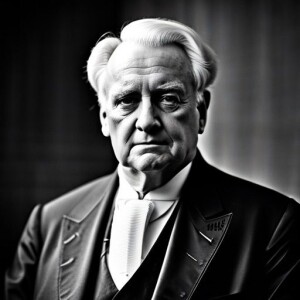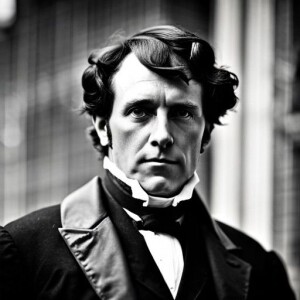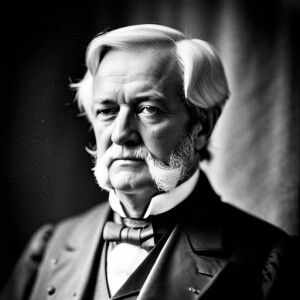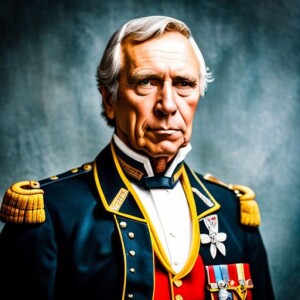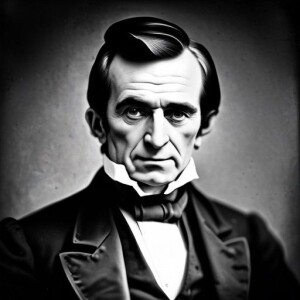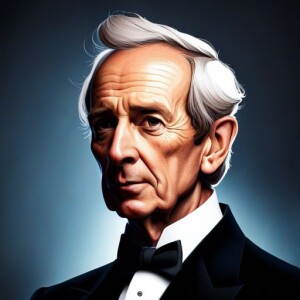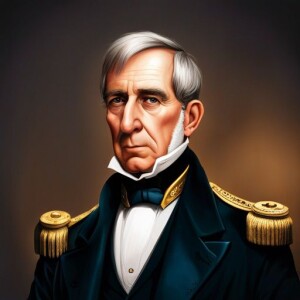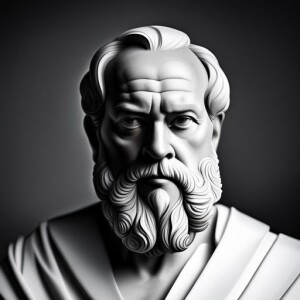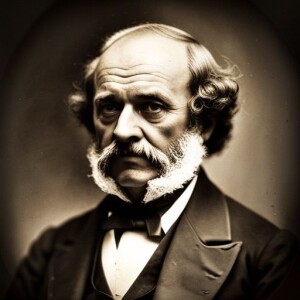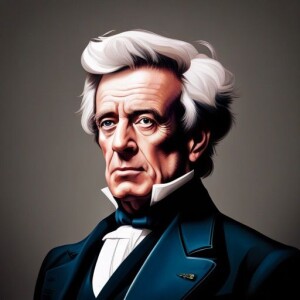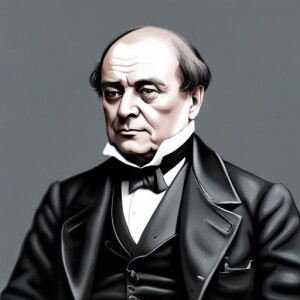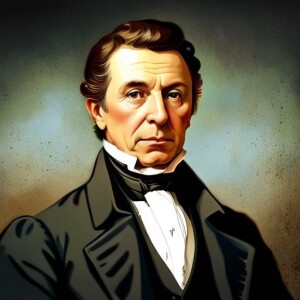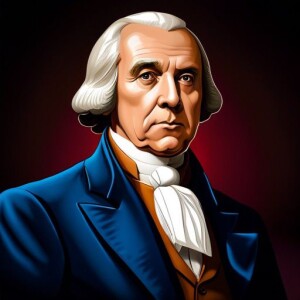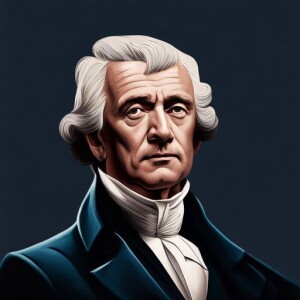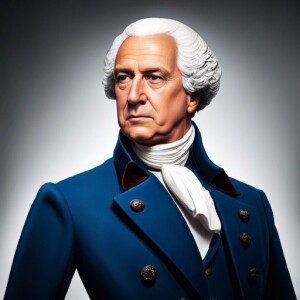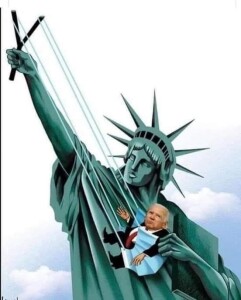James Buchanan, the 15th President of the United States, had a remarkable career in public service. Born in Pennsylvania in 1791, he studied law and ventured into politics, serving as a Congressman, Senator, Minister to Russia, and Secretary of State. However, his presidency was not without controversy. From 1857 to 1861, Buchanan was at the helm of a nation on the brink of civil war, and his leadership was tested. Unfortunately, he was unable to prevent the secession of seven southern states, which led to the bloodiest conflict in American history.
Many historians have criticized Buchanan’s lack of action during this critical period. Some argue that his inaction allowed the conflict to escalate, leading to tragic consequences. Despite his shortcomings, Buchanan’s legacy includes some notable accomplishments that cannot be ignored. He played a crucial role in resolving the Oregon boundary dispute with Great Britain, and he was also a key player in the drafting of the Ostend Manifesto, which called for the acquisition of Cuba from Spain. Buchanan was a staunch defender of the Constitution and believed strongly in the rights of states to govern themselves.
Sadly, Buchanan’s reputation as a mediocre President has persisted to this day. However, some historians have reevaluated his legacy in recent years, arguing that he was unfairly maligned by his contemporaries. They suggest that his failures as President were largely the result of circumstances beyond his control. Despite these debates, one thing is for sure: James Buchanan’s life and career in public service left an indelible mark on American history.

